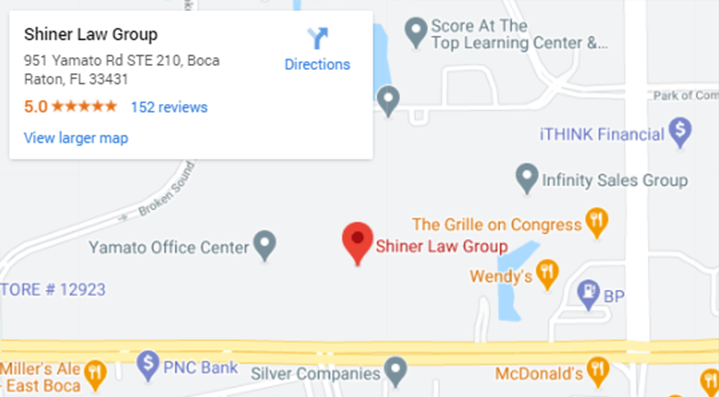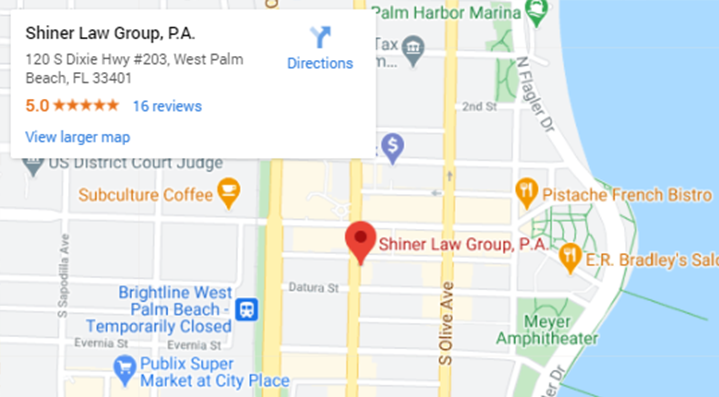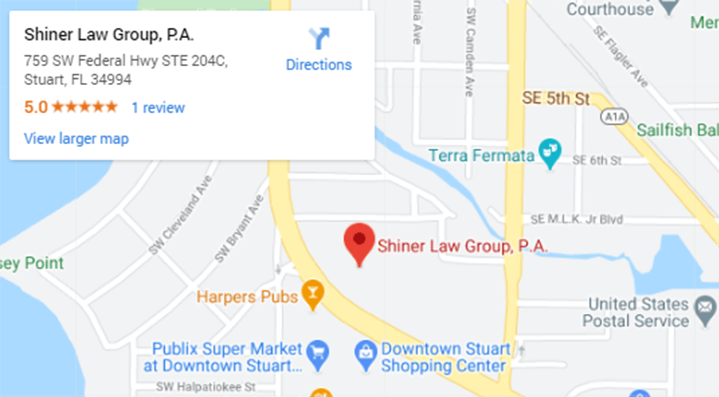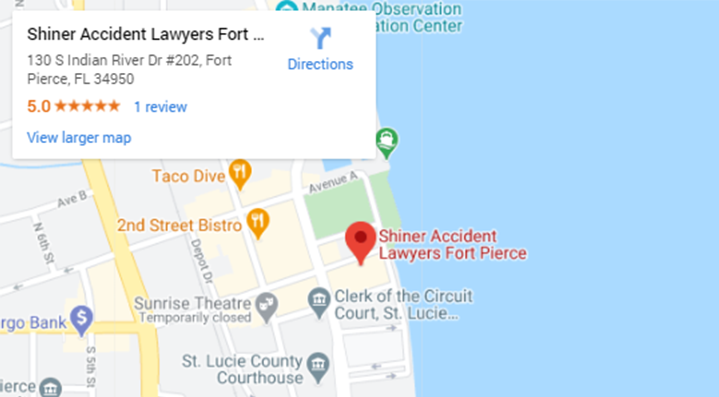Investment Fraud and Securities Fraud
Article Sections
– Introduction
– Securities Arbitration Attorneys
– Indicators of Misconduct and Fraud in the Securities Industry
– Investment advisor Misconduct
– Florida Elder Abuse – Financial Exploitation
– Investment Fraud and Securities Fraud
– Types of Investment Fraud and Securities Fraud
– Experience Matters
The Shiner Legal Group Business & Commercial Lawyers are the Investment Fraud and Security Fraud lawyers in South Florida. Call us today to talk to one of our security regulation experts today!
Securities Arbitration Attorneys
When you open a brokerage account at an investment firm, generally, the customer agreement signed by the investor, requires any disputes be resolved before an arbitration panel at the Financial Industry Regulatory Authority (“FINRA”). A non-government run, self-regulatory organization for investment firms.
Our firm specializes in securities fraud, investment fraud, Ponzi schemes, breach of fiduciary duty, unauthorized trading, unsuitable investment, and other misconduct affected by your investment advisor or investment firm.
Indicators of Misconduct and Fraud in the Securities Industry
Securities misconduct and securities fraud can take on many different shapes, however several key signs of investment misconduct, and investment fraud include:
- Real Estate Investments
- Private Placements
- Guaranteed Notes
- Unregistered securities
- Illiquid Investments
- Investments no listed on any exchange
- Complex or hard to understand/follow investments
- High Sales Pressure tactics
- Guaranteed Interest or principal
- Investment offerings without prospectuses or documentation
- Guaranteed returns
If you see one or more of these signs, do not invest, and stay away. If you believe you have been the victim of a security fraud, contact the security attorneys at Shiner Legal Group Business & Commercial Lawyers to discuss this matter with them immediately.
Investment advisor Misconduct
Investment advisors, financial advisors, stockbrokers, and the brokerage firms or investment management firms who engage in gross misconduct and fraud can and should be held accountable. Our security law attorneys represent all investors harmed by these possible fraudulent activities and work with our clients to recover from these losses.
Florida Elder Abuse – Financial Exploitation
Our attorneys are equipped to handle many varieties of Financial fraud cases, however one of the most horrendous is the abuse of our senior citizens. Financial Exploitation cases, especially here in South Florida, have major impacts on our senior population who tend to be on a set monthly income stream and even a small deviation to their income can be altering. Financial exploitation is knowingly, deceptively or through intimidation obtaining or utilizing (or even the attempt to) use the assets (securities, cash, funds, property, or other assets) of a senior citizen or vulnerable adult for the benefit of another. The one typically perpetrating the fraud is someone in a position of trust and knows or should know that the senior citizen or vulnerable adult lacks the capacity to consent. Our firm works closely with the senior citizen, vulnerable adult, and their family to help recover their losses. Our expert attorneys work through the FINRA arbitration process to help recover you and your family’s losses.
Investment Fraud and Securities Fraud
Allegations of fraud based on losses in the client’s investment portfolio due advisor misconduct. The Advisor could induce investors to make purchases or sales of securities based on false or misleading information. Such misleading statements that are frequently used are “low risk” to the investment, there is “no risk” to these investments, or there are guaranteed returns.
Claims of fraud can be based on the complex nature of the investment, complex strategy being used, unregistered securities, or over promising returns. Investments can be related to securities such as stock or bonds, notes, commodities, real estate, precious metal, futures etc. The lawyers at Shiner Legal Group Business & Commercial Lawyers will help you understand the nature of the fraud and walk you through the arbitration process.
Types of Investment Fraud and Securities Fraud
- “Pump and Dump”
- Low Priced Securities “Penny Stocks”
- Offshore Security Fraud
- Pyramid Schemes
- Ponzi Schemes
- Precious Metals Fraud
- “Meme” stocks
- “Redditt” Stocks
- Advanced Fee
- Private Placement
- Promissory Notes
- Start Up Investments
- Self-Directed IRAs (Move your IRA funds to Cryptocurrency, gold, silver, coins etc.)
Pump-and-Dump: A scheme in which you are directed to deliberately buys shares of a very low-priced stock or a small, thinly traded company, with false information and promises. The fraudulent activity is being done on a large scale, as you are purchasing others are as well, the stock starts to rise, and others jump in and buy additional shares and the stock continues to rise. Typically the person directing the scheme has already purchased prior to everyone else, they drum up interest in the security with false and misleading claims via the phone, email, mail, in advertisements or online, thus creating more and more demand, they dump their shares as the stock continues to rise while others are left waiting for the news that was promised to hit.
Low-priced securities “Penny Stocks”: typically securities that are not traded on the exchanges but over the counter, they are thinly traded, news is difficult to obtain and typically major investment firms do not conduct research on these securities, also most larger firms do not allow clients to trade in these securities.
Offshore Securities Fraud: Typically targeted to US investors from individuals acting as investment experts from outside the US. These investments tend to be sold as Regulation S securities (a regulation that exempts US companies from being registered with the Securities and Exchange Commission (“SEC”). These investments are usually sold and marketed to investors outside of the US) These type of fraud cases are very difficult to investigate and hard to recover losses from due to the nature of the fraud and those perpetrating the fraud (residing offshore).
Pyramid Schemes: Usually called a multi-level marketing scheme, it is a scheme in which the sellers claim they can turn the investment into profits within a very short amount of time. The company or induvial asks you to purchase a product for a discount when you join the program, you are then asked to go and sign up others to join the program, they buy the product and also sell the product to others and get others to join the program to help sell the brand. Everyone gets paid a little bit of every purchase and the one on top gets the biggest chunk of change. Similar to a Ponzi Scheme.
Ponzi Scheme: When the fraudster collects investments from “investors” and uses the funds to pay the early stage investors (usually in the form of interest payments, dividends or principal), this continues as they obtain new “investors” with newer investment money. This investment scheme requires a steady stream of new investors to continue the scheme. Unlike the Pyramid scheme investors do not recruit new investors to earn a share of the proceeds.
Precious Metal Fraud: Fraudsters bring in investors using hyped up opportunities about the benefits and safety of precious metals such as gold and silver. The sales tactics tend to claim that investors can double or triple their investment in a short amount of time, also they tend to drum up business by using examples of earnings without disclosing any of the risks. Usually these firms are done through non existing programs and companies.
In most cases the investment is taken, and the precious metals are not even purchased. Investments in precious metals are governed by the Commodities Futures Trade Commission (“CFTC”), before investing in precious metals we recommend that you go to the CFTC website and enter the sellers name to check their registration with the CFTC as well as their disciplinary history. The CFTC also list several signs which may indicate potential fraud within the precious metal industry:
- Unsolicited email and phone solicitations
- Unrealistic projected returns with little to no risk
- Guarantees of principal and profits
- Small investment for a large quantity ownerships stake in precious metals
Advanced Fee: A scammer will call and offer you an opportunity to purchase worthless stock you may own at a better price than what the stock is currently worth, however in order to qualify for the deal you are required to pay a fee for this service in advance. Typically, the fee is paid and you never hear back from the caller.
Private Placement Offering: Private placements are notes which pays a set coupon rate on a set schedule. These investments are not registered with the SEC, are not publicly offered, and only sold to accredited investors with a specified limit on investors (an accredited investor, sometimes referred to as a sophisticated investors, is an investor that meets specific standards, such as income and net worth, currently one must have an income exceeding $200,000 a year or a net worth of over $1,000,000). Fraud happens when the investment advisor sells an unsuitable private placement or sells to a non-accredited investor.
Promissory Notes: is similar to an IOU or a loan. Typically, the fraud is perpetrated on an investor by unscrupulous fraudsters, these notes are not registered with the SEC. The investor is enticed by providing a loan with the promise of an extremely high interest rate and or payback.
Start up investment: they sell the new company as the latest and greatest new idea or an innovative business model, enticing investors and their money while promising something special. Usually the product or company does not work out as sold and the investors lose their money. Prior to investing check out those involved in the company and look into their reputations.
Self-Directed IRAs: Allows investors to invest IRA/401K monies outside the normal type of approved investments such as mutual funds, stocks, bonds and CDs, such as cryptocurrency, precious metals etc. While the opportunities seem legitimate.
Experience Matters
Depending on the circumstances of your case, we understand that fraud can have a major impact on the investors besides just losing your hard earned investment. We understand the emotional toll fraud takes on those involved and we want to help you through these trying times. If you believe you or someone you love to have been a victim of investment fraud or securities fraud allow Shiner Legal Group Business & Commercial Lawyers to earn your trust and fight for you. Call us today at 561-777-7700.









